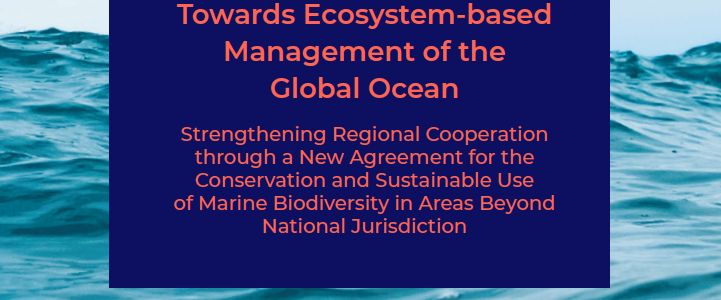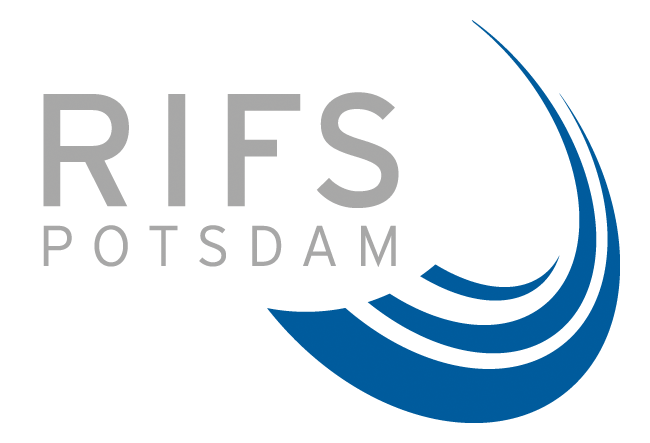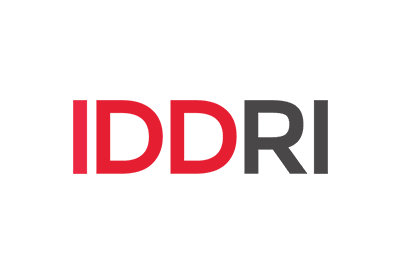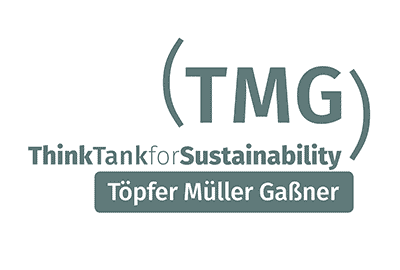The STRONG High Seas project has published a new policy brief on the possible role of an internationally legally binding instrument for the conservation and sustainable use of marine biodiversity in areas beyond the limits of national jurisdiction (BBNJ Agreement) in developing and using regional governance frameworks for advancing the implementation of integrated ecosystem-based management (EBM).
The policy brief identifies five key building blocks that could be incorporated in the BBNJ Agreement to galvanize cooperation, enhance coherence and integration, and ensure a level playing field between conservation and resource use interests:
- A robust global body such as a Conference of Parties capable of taking decisions and adopting recommendations;
- A suite of regional mechanisms for integrated policy development and coordination;
- Effective science-policy advisory mechanisms;
- Overarching environmental obligations and principles; and
- Operational principles to ensure good governance.
A review of the current President’s draft text of the BBNJ Agreement highlights where the text could be strengthened to advance EBM. In particular, the BBNJ Agreement could draw inspiration from a range of existing instruments and include specific obligations to:
- Cooperate to promote in-situ conservation of ecosystems and natural habitats;
- Mainstream biodiversity into all decision-making bodies and processes; and
- Strengthen regional cooperation by supporting existing institutions and by building cross-sectoral platforms for cooperation.




